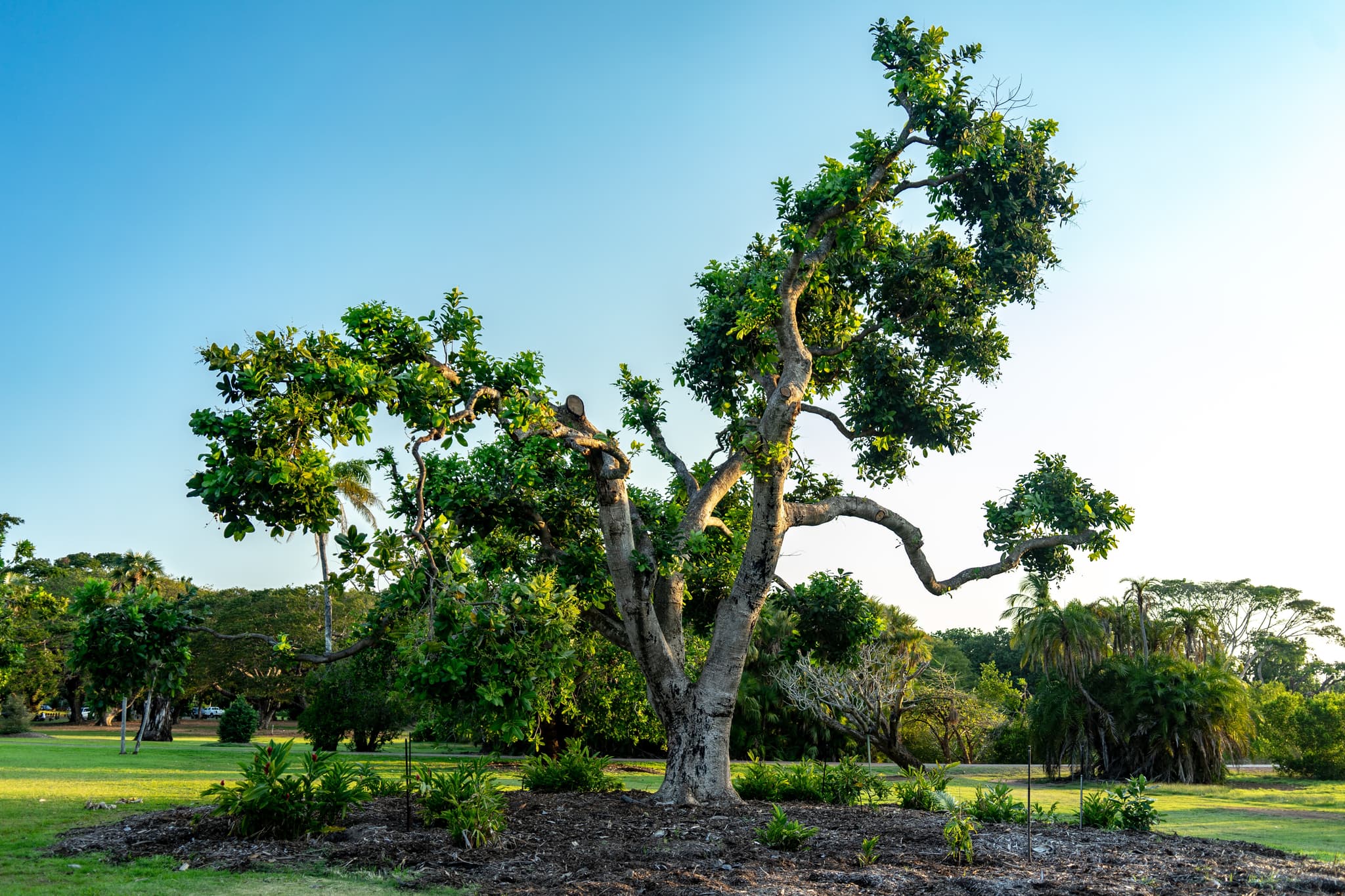Advocacy
Policy
Practice
SNAICC welcomes Alice Springs Declaration noting commitment to quality

Freya Lucas
Dec 17, 2019
Save
SNAICC – National Voice for our Children, has welcomed the Alice Springs (Mparntwe) Education Declaration (the Declaration), noting the high value placed on Aboriginal and Torres Strait Islander knowledge and identities.
The broad commitment made by collective education ministers, to work in partnership with Aboriginal and Torres Strait Islander peoples and local communities in the delivery of education services that embrace Aboriginal and Torres Strait Islander cultures, languages and identities was commended by SNAICC.There is, however, “a need to provide stronger commitments and resources in order for the ambitions of the Declaration to be realised,” a spokesperson said.
While SNAICC supports the aspirations of the Declaration, the group noted that it fails to respond specifically to SNAICC’s calls for universal access to high-quality early education for all three and four-year-old children, to strengthen investment in community-controlled integrated early years services, and to reform to the Child Care Subsidy activity test that limits access to early education for vulnerable children based on parental workforce participation.
These recommendations are outlined in the joint early years position paper by SNAICC and Early Childhood Australia: Working Together to Ensure Equality for Aboriginal and Torres Strait Islander Children in the Early Years.
SNAICC CEO Richard Weston SNAICC said the risk with announcements such as the Mparntwe Declaration is “that without any meaningful resource commitment to back the statement up, governments are seen to be merely giving lip service to the disadvantage faced by Aboriginal and Torres Strait Islander children and their families – it becomes another statement that does nothing to address the real challenges facing our kids getting access to a quality education.”
SNAICC also noted that the Declaration highlights the importance of education embracing Aboriginal and Torres Strait Islander languages, however it lacks a specified commitment to bi-lingual education and ensuring that children can be taught in their Indigenous languages from pre-school through to Year 12.
Acknowledging the positive commitment by the Australian Government to increasing the participation of Aboriginal and Torres Strait Islander peoples’ in the education workforce at all levels, SNAICC emphasised the need for this commitment to be backed up by “significant investment in workforce development strategies and supports, including ensuring Aboriginal and Torres Strait Islander educators having access to training and skills development programs that covers rural and remote areas.”
Aboriginal and Torres Strait Islander families and communities want what other Australians want for their children, Mr Weston said. That includes, amongst other things, a good education to equip them for a purposeful life in contemporary Australia, contributing to the economy and creating strong families and communities.
To learn more about SNAICC and their work, please see here.
Don’t miss a thing
Related Articles



















